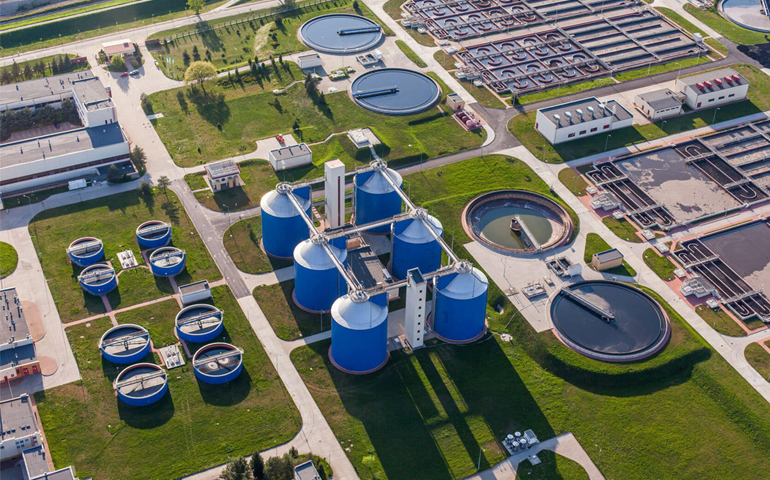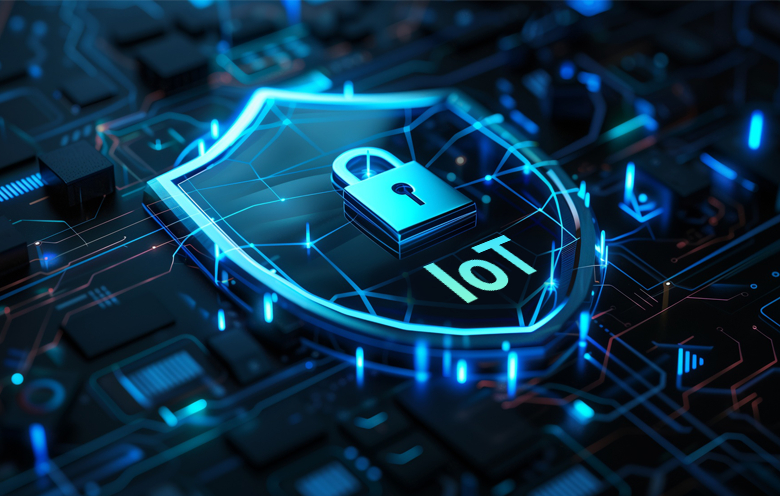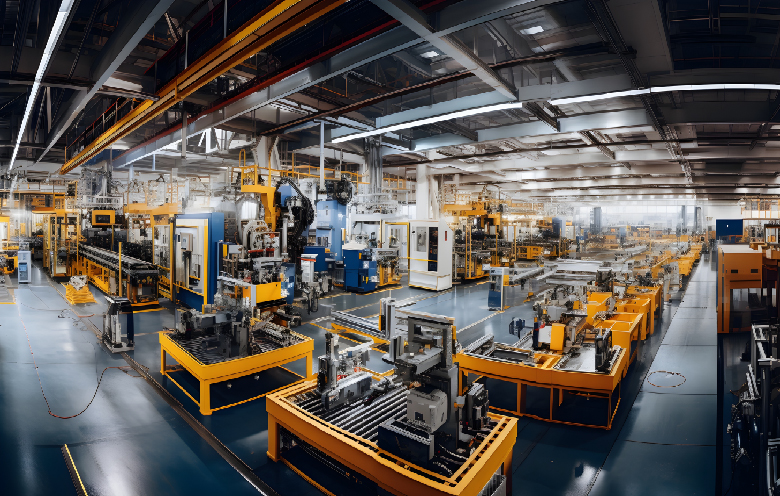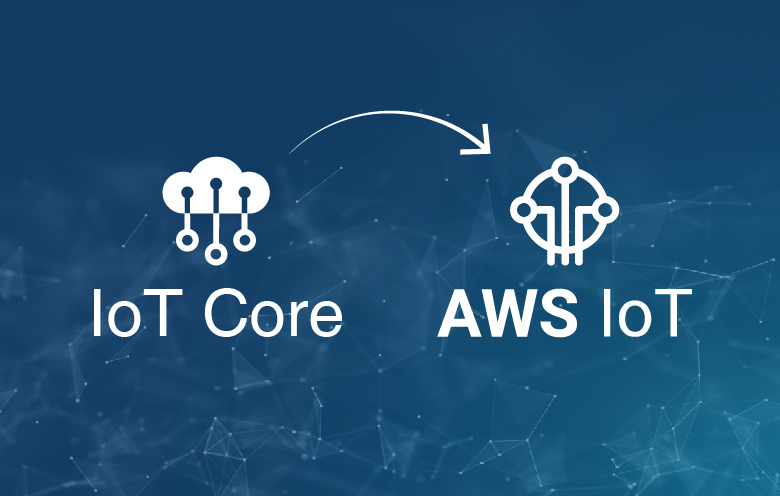Introduction
Over the period of time, we have often heard that water is the most valuable resource. However in many western countries, water is so easily available that many people don’t even think about its cost. But, with the rapid urbanization, approximately 70 % of the world’s population is living in big, posh and highly modernized cities. As a result of over consumption, the availability of the water shall be the most expensive investment people might have to do in near future.
Like water, we humans also have tendency to emerge out of any obstruction in our path. With the technology like IoT, we can conserve water and make it available easily to all. Today many water treatment plants are incorporating IoT to monitor, treat and manage the availability of the water.
You might be thinking that how IoT can help water treatment agencies to deliver better results from their water plants. To get a better idea about how IoT can contribute in elevating the water industry, let’s have a look at the challenges the industry is facing;
Challenges the water industry is facing today
The need of fresh water is growing exponentially day by day. The water prone diseases are reaching to new levels and most importantly, the availability of drinking water are some of the prominent challenges the industry is facing today. Apart from these, the industry is also tackling some pain areas, such as;
Pain Areas
Water Leakages
A water treatment plant can be considered a vast network of the water and chemicals pipes. A leakage in any of the pipes leads to a significant loss of resource and money. On top of it, the time consumed on the repairing the leak is a plus to workload of the employees.
Chemical Monitoring
In order to provide safe drinking water to the people, water treatment plants have to process the water through many stages. Chemical Induction is one of the processes in which a batch of water undergoes during its treatment. Now the challenge is what amount of chemical would be the best fit for the particular batch depending upon the source of the water. Water treatment plants are falling short of the methods that can help them to monitor and manage the amount of chemical that is added in batch.
Maintenance
Maintenance of the water treatment plant is itself a whole different challenge altogether. The supply line in the treatment plants requires regular monitoring and timely maintenance. In case of any disruption, the maintenance team has to shut down the entire plant to locate, identify and solve the issue.
Now let’s come down to the major question that we all are willing to know- how an IoT enabled smart water treatment solution can help the water treatment industry to overcome all these challenges.
Well, IoT offers sensors-based monitoring of water present in both reservoirs and the supply lines. The data generated by monitoring is sent to an IoT platform which converts the data into actionable insights. As a result of these insights plant, supervisors can identify leaks in the system, measure the pH level and keep track of the water levels in the storage units and quality of water that is to be delivered.
With an IoT enabled smart water treatment solution, treatment plants can measure pH, oxygen, carbon, and chlorine level of the water with the help of different sensors. With these insights on hand, the users can further analyze the data and manage the plants effectively. The smart leak detector enables users to be notified about issues in real-time.
What is a smart water treatment solution?
An IoT-enabled smart water treatment solution is designed and developed to track, monitor and maintain the quality, sanity and purity of the water and make it usable for population. An effective smart water treatment solution can measure and track the flow of the water running in an entire plant. The smart water treatment solution stands strong on three pillars namely;
- Sensors
- Communication medium
- IoT platform
Let’s go explore each pillar one by one.
Sensors
Sensors enable users to measure water flow, energy consumed, pH, salinity, chlorine, and temperature. Sending data and alerts continuously to an IoT platform allows the users to move from preventative to predictive maintenance. The data gathered from the connection will be stored in the cloud and monitored on a continuous basis.
Communication Medium
The communication system plays a crucial role in sending and receiving the data from physical objects to computer systems over a wireless medium. These communication mediums can provide technicians, engineers and other facility management staff to have access to the required data from sensors to wherever they are.
IoT Platform
Devices like smartphones and tablets can be incorporated with apps that connect to the cloud and can access IoT enabled sensors in real-time. This enables the key decision makers to make better and quick decisions based on the information obtained.
To get a better insight of a smart water treatment solution, let’s have a look at the benefits it offers to the water treatment plants;
Benefits
Smart Water Sensor
The smart water sensor can monitor the pressure, temperature and quality of water present in tanks as well as running in the supply lines. This sensor can also come handy in keeping track of the pH level in water in order to offer pure and safe water.
Smart Leak Detectors
A leak can result in major loss in water, which could have been used in many ways. The smart leak detector can alert, notify and communicate the respective authority for the issue and the location.
Remote Water Monitoring
A remote water monitoring system allows stakeholders to have thorough insights about the nature of water, stage of purification, pressure and temperature management from a remote location.
A smart water treatment solution offers other benefits to the treatment plant such as;
- Custom apps as per the need of business
- Perform complex calculations easily
- Collect data from multiple points
- Allows reactive and predictive maintenance for the treatment plant
- Generate actionable insights
Value proportion of smart water treatment in the water treatment industry
Smart water treatment holds a potential market value of at-least US$ 14.4 trillion for companies and industries globally. This figure represents the potential economic and social benefit arising from new connected applications and new service-orientated business models.
IoT services integrated with the smart water treatment solution and video cameras help to monitor the treatment plant in order to ensure equipment safety and protect against physical threats. The IoT connectivity allows multiple teams to coordinate with each other and resolve issues promptly.
The IoT enabled smart water treatment solution can help treatment plants maintain the consistency and purity of the water, cut costs and increase the efficiency of the plant.
Conclusion
IoT driven smart water treatment solution fosters the treatment plants in becoming more productive and hence more profitable organizations. IoT has an overwhelming impact on how water treatment plants take advantage of connected devices empowered workforce to be more informed and collaborative. Businesses are relying on connected devices and big data analytics which optimize processes and hence entrepreneurs end up making well-informed decisions for better operational strategies.



